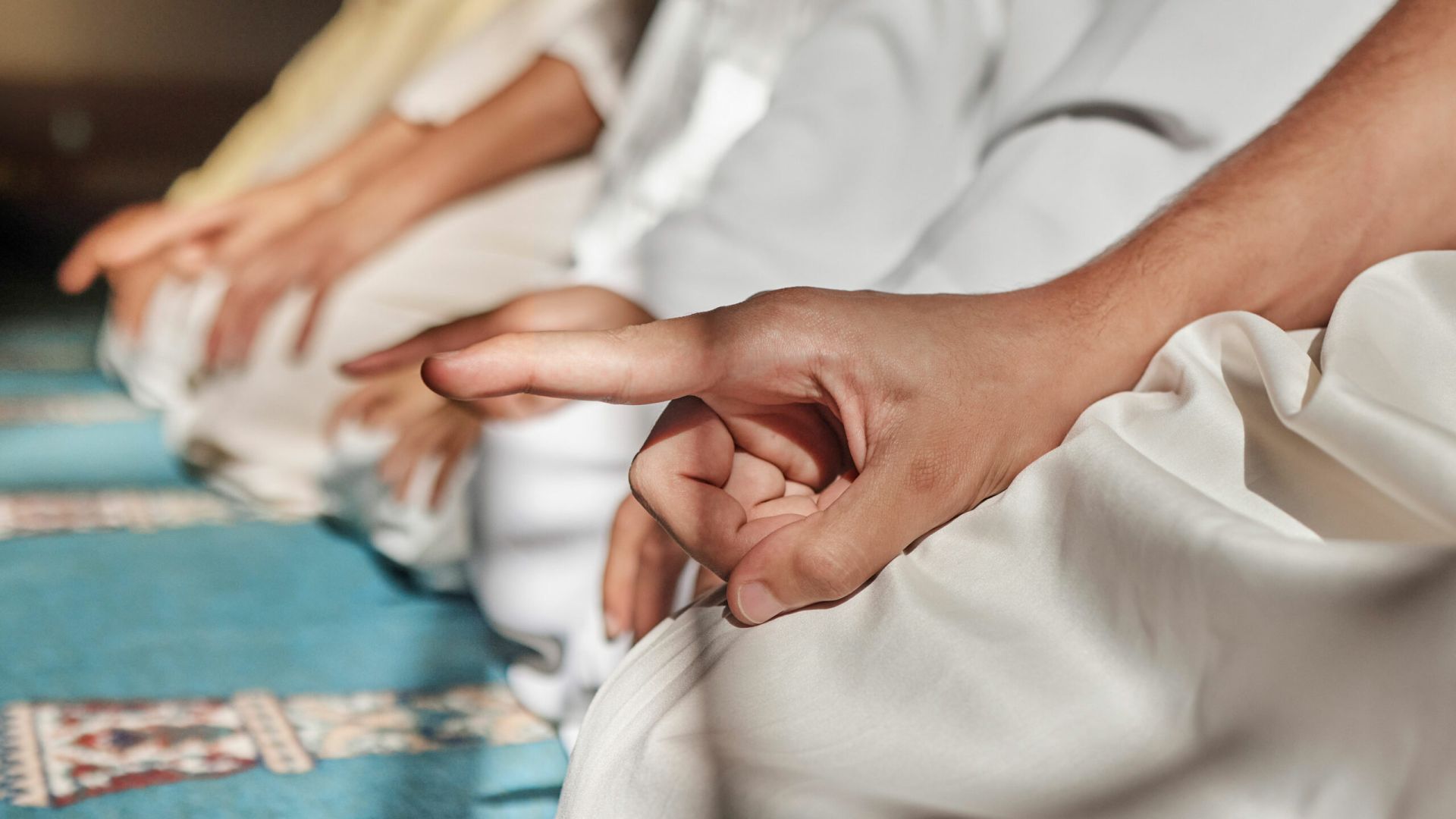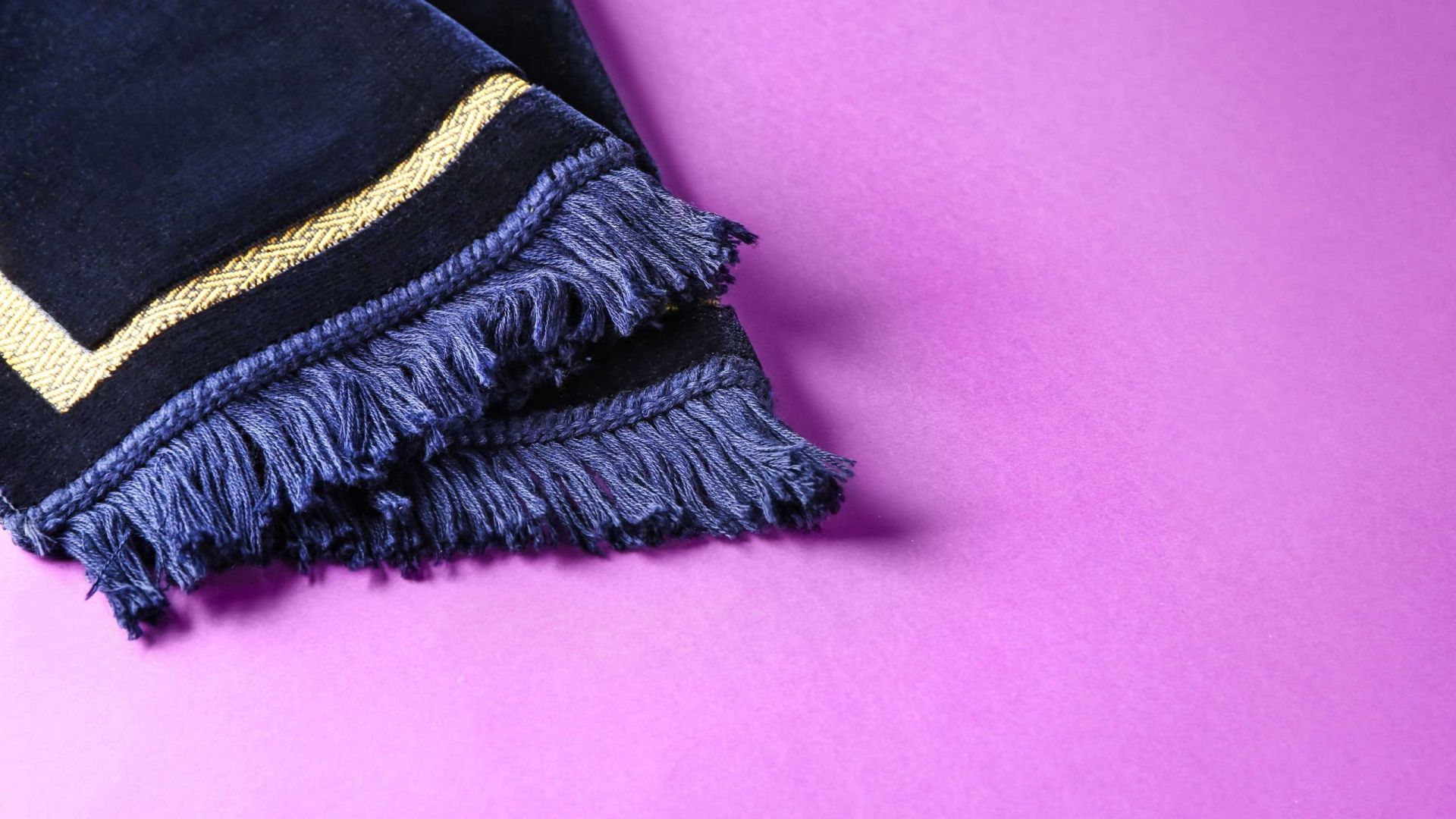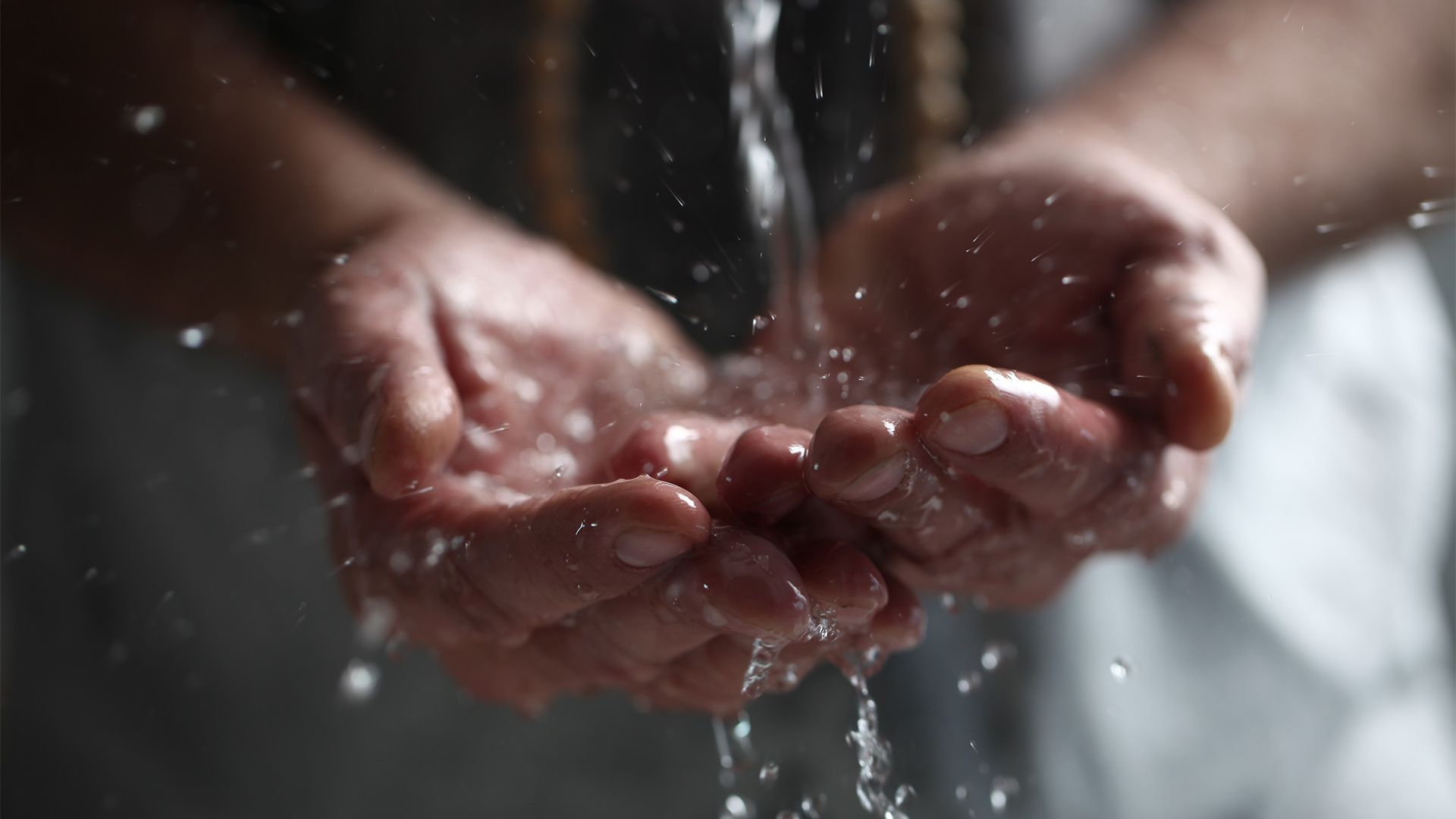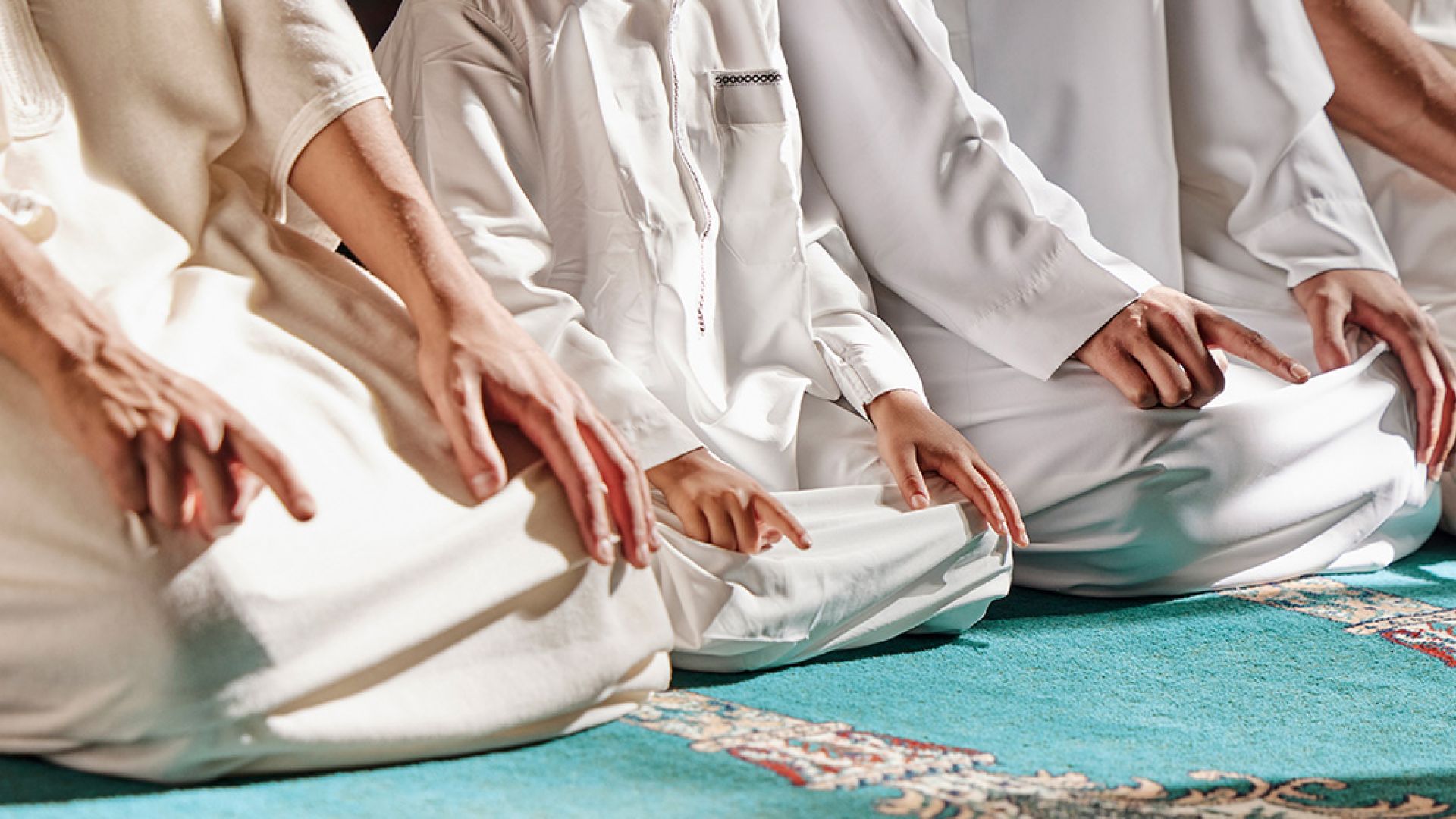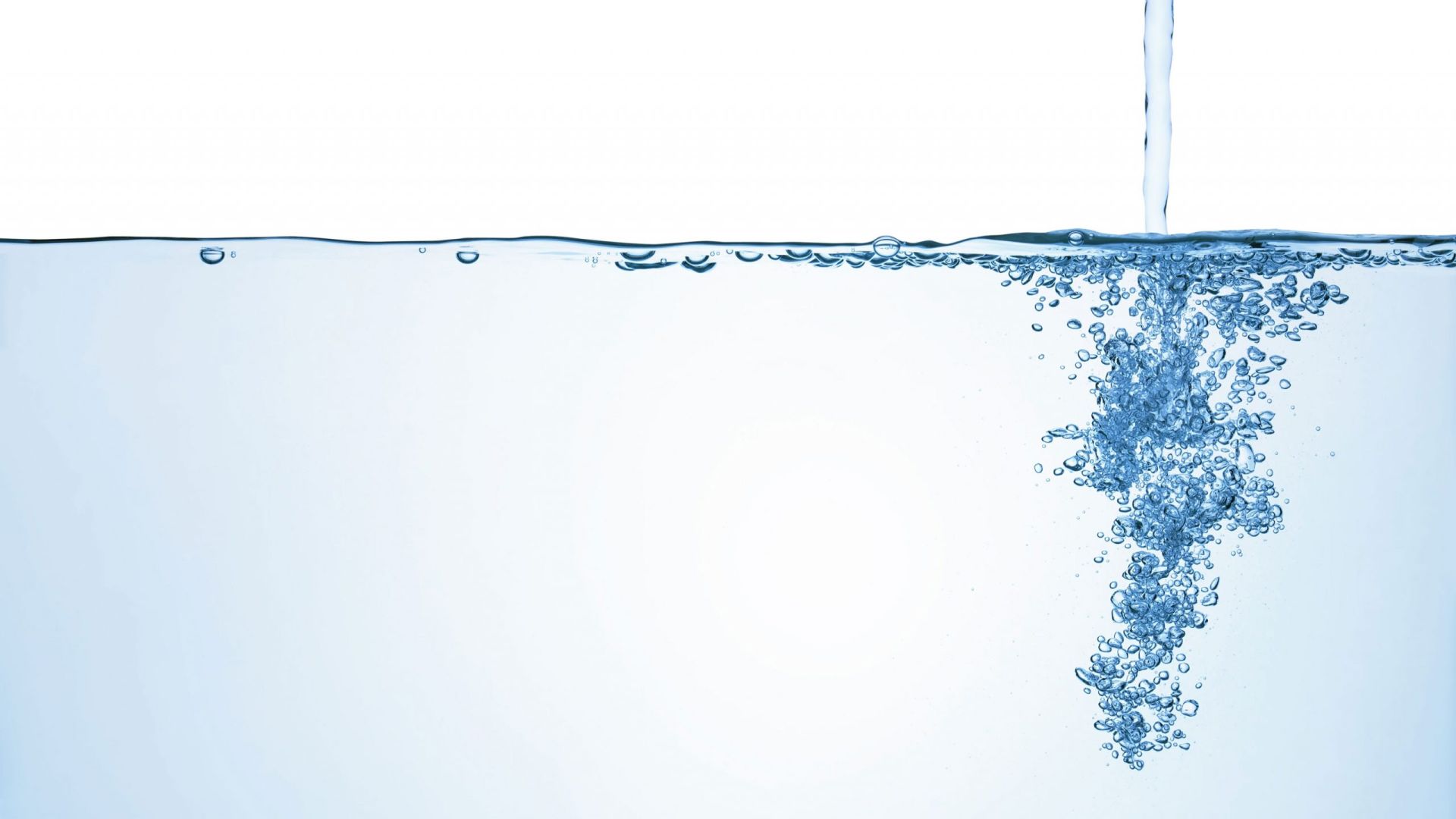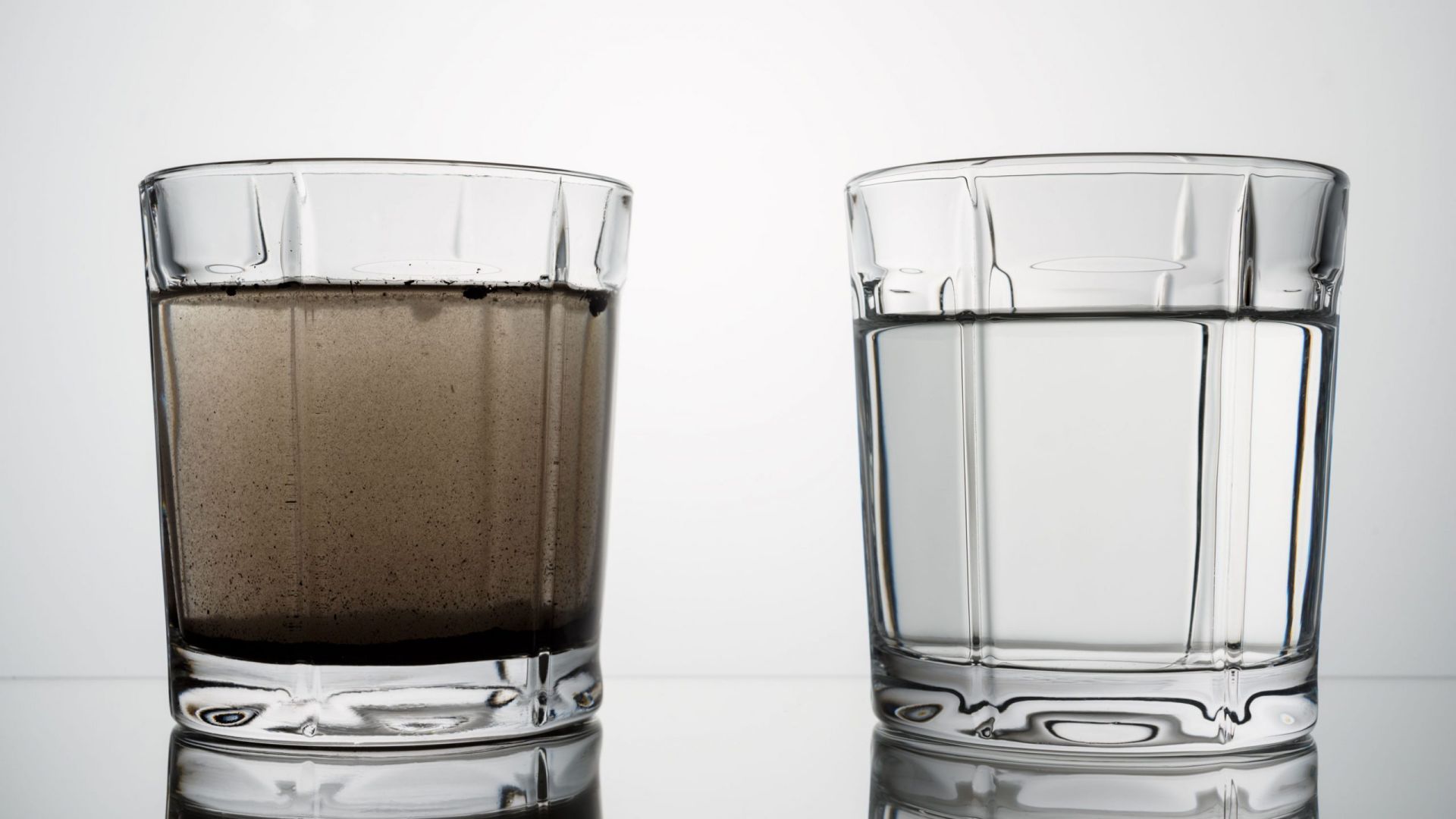Tag: Wuḍūʿ
10 Tagged Items
- All
- Articles
- Audios
- Beard
- Ghuṣl
- Ibn Bāz
- Ibn Taymiyyah
- Imām
- Imāms of the Sunnah
- Issues Pertaining to Prayer
- Modern-Day Scholars
- Muḥammad ibn ʿUmar Bazmūl
- Muḥammad ibn Ṣāliḥ al-ʿUthaymīn
- Riyāḍ al-Kanadī
- Sunnah
- Tayammum
- Water
- Women
- Worship
- Wudūʿ and Ṭahārah
- Wuḍūʿ
- Ḥasan al-Ṣumālī
- Ṭahārah
What Should the Imām Do If He Loses His Wuḍūʿ?
Imām Muḥammad ibn Ṣāliḥ al-ʿUthaymīn, I…
Does Touching Women Invalidate Wuḍūʾ?
Imām Muḥammad ibn Ṣālih al-ʿUthaymīn
Important Issues When Performing Wuḍūʿ
Imām Muḥammad ibn Ṣāliḥ al-ʿUthaymīn
The Ruling on Purifying Oneself with the Remainin…
Imām Muḥammad ibn Ṣāliḥ al-ʿUthaymīn
The Ruling on When the Imām and the Maʿmūm Hold C…
Shaykh al-Islām Ibn Taymiyyah
The Ruling on Water that Is Changed with a Pure A…
Al-ʿAllāmah Muḥammad ibn Ṣāliḥ al-ʿUtha…
How to Distinguish Pure from Contaminated Water W…
Imām Muḥammad ibn Ṣāliḥ al-ʿUthaymīn
The Division of Water into Two Classes
Imām Muḥammad ibn Ṣāliḥ al-ʿUthaymīn
The Conditions of Ṣalāh
Shaykh Ḥasan al-Ṣumālī
Were the Previous Nations Obligated to Perform Wū…
Shaykh Muḥammad ibn ʿUmar Bazmūl
